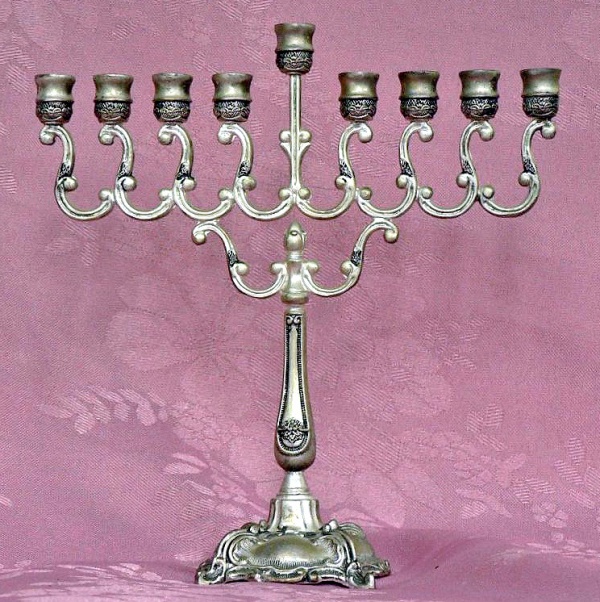Facts About Hanukkah
Hanukkah, often referred to as the Festival of Lights, is a beloved Jewish holiday that commemorates the rededication of the Second Temple in Jerusalem following the Maccabean Revolt against the Seleucid Empire. The celebration lasts eight nights and days, beginning on the 25th day of Kislev in the Hebrew calendar. Each night, an additional candle on the menorah is lit using the "shamash" a special candle, which is a centerpiece of Hanukkah ceremonies.
The term "Hanukkah" means "dedication" in Hebrew, reflecting the event's historical significance. Beyond menorah lighting, Hanukkah traditions include playing the dreidel game, enjoying delectable oil-based foods such as latkes (potato pancakes) and sufganiyot (jelly donuts), and public menorah lightings, a practice popularized by the Chabad Hasidic movement.
Hanukkah has gained particular prominence in North America, often perceived as a Jewish counterpart to Christmas. The holiday's origins and significance are detailed in historical texts such as the Books of Maccabees, early rabbinic literature, and the writings of the historian Josephus. A central element of the Hanukkah story is the miracle of the oil, which, although sufficient for only one day, miraculously lasted for eight days.
Celebrations consist of various rituals: lighting the menorah, reciting blessings, playing the dreidel game, and incorporating special prayers into daily worship. Traditional foods like latkes and sufganiyot are enjoyed and children often receive Hanukkah gelt (money or chocolate coins). The festival has even been recognized at the White House and featured on postage stamps. Hanukkah’s timing varies each year due to the Hebrew calendar, occasionally coinciding with other holidays such as Thanksgiving.
Hanukkah embodies more than just a celebration; it represents resistance, religious freedom, and national liberation in Jewish culture. Today, Jewish communities worldwide celebrate Hanukkah, emphasizing themes of freedom, survival, and faith. The story of the oil miraculously lasting eight days also resonates with contemporary issues like energy conservation, emphasizing the festival's enduring relevance in modern Jewish life.

 Lebanon
Lebanon